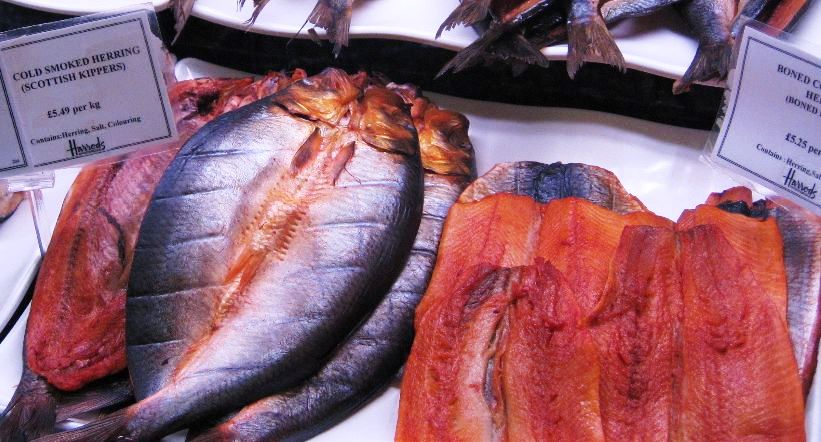Tu quoque (Latin for “you also”), or the appeal to hypocrisy, is a fallacy that intends to discredit the opponent’s argument by asserting the opponent’s failure to act consistently in accordance with its conclusion(s). That is, it is claimed that the argument is flawed by pointing out that the persona making the argument is not acting consistently with the claims of the argument.
The logically fallacious tu quoque “argument” follows the pattern:
Person A makes claim X.
Person B asserts that A’s actions or past claims are inconsistent with the truth of claim X.
Therefore, X is false.
An example would be
Peter: “Bill is guilty of defrauding the government out of tax dollars.”
Bill: “How can you say that when you yourself have 20 outstanding parking tickets?”
It is a fallacy because the moral character or actions of the opponent are generally irrelevant to the logic of the argument. It is often used as a red herring tactic and is a special case of the ad hominem fallacy, which is a category of fallacies in which a claim or argument is rejected on the basis of facts about the person presenting or supporting the claim or argument.
Example
In the trial of Nazi criminal Klaus Barbie, the controversial lawyer Jacques Vergès tried to present what was defined as a Tu Quoque Defence—i.e., that during the Algerian War, French officers such as General Jacques Massu had committed war crimes similar to those with which Barbie was being charged, and therefore the French state had no moral right to try Barbie. This defense was rejected by the court, which convicted Barbie.




